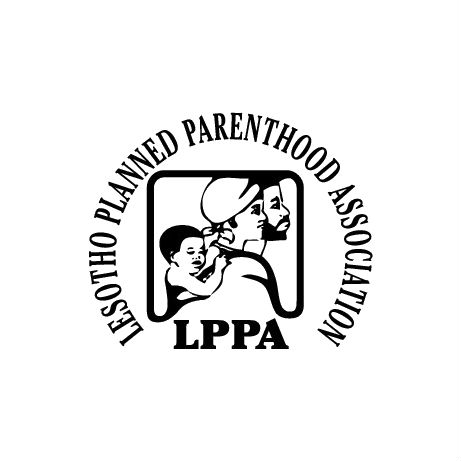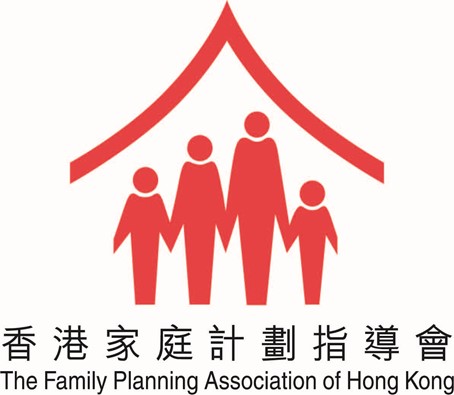

| 31 March 2016
Lesotho Planned Parenthood Association
One of IPPF’s central beliefs is that processes and approaches need to be adapted to meet the specific needs of a country. In Lesotho, a country with one of the highest HIV prevalence rates in the world, LPPA is very active in finding new ways to address neglected needs. LPPA provides a comprehensive range of sexual and reproductive health including: family planning, the management of sexually transmitted infections (STIs), screening for cancers of the reproductive system, the distribution of contraceptives and emergency contraceptives, pregnancy testing, post-abortion care, voluntary counselling and testing (VCT) and the management of infections. Clients are referred to other centres for CD4 tests and ARV treatment. LPPA reaches out to the communities it serves through 47 service points: 10 permanent clinics, 9 private providers, 30 associated agencies, 90 peer educators and 14 community-based distributors (CBDs). There are 54 permanent staff who are supported by over 200 volunteers. An estimated 75% of LPPA's clients are poor, marginalized, socially excluded and/or under-served. Target groups include cattle herders, prisoners, rural populations, factory workers, university students, police trainees and people living with HIV and AIDS. LPPA targets out-of-school children, and disseminates SRH information through drama, puppetry, sports for life, and facilitated discussions. Other education programmes include health talks, workshops, performances and radio and TV shows. In advocacy, LPPA reaches out to teachers, religious leaders and government leaders to promote favourable approaches to, and legislation on, SRH. LPPA has influential partnerships with government health and population departments, and it partners with major non-governmental organizations (NGOs). Donors include Irish Aid, UNDP, the Japan Trust Fund, and IPPF’s Korea Africa Fund. The Member Association has strong linkages with other organizations across the country, particularly in relation to HIV and AIDS.

| 31 March 2016
Family Planning Association of Hong Kong
The Family Planning Association of Hong Kong (FPAHK) was one of the eight founding Member Associations of IPPF. FPAHK was established in 1950 and has a distinguished history as one of the foremost proponents of sexual and reproductive health (SRH) and the belief that good family planning is an essential component in the health and well-being both of the individual and society as a whole. We work through 17 service points, including 9 permanent clinics, 1 activity and resource centre, 1 mobile classroom and 6 community-based distributors/community-based services (CBDs/CBSs). Our services include contraception, abortion, pre-marital and pre-pregnancy check-up, treatment/consultation on subfertility, women’s health service, cervical cancer screening, menopause, men’s health service and sex therapy. The organization also offers counselling to young people and couples with emotional or relationship issues. The Member Association provides family life and sexuality education to students and training to parents, teachers and professionals. It develops resources and supporting services to promote delivery of sexuality education. It conducts clinical and sociological research in areas pertaining to sexuality, fertility regulation and population. It raises public awareness of the importance of SRH through various media channels.







